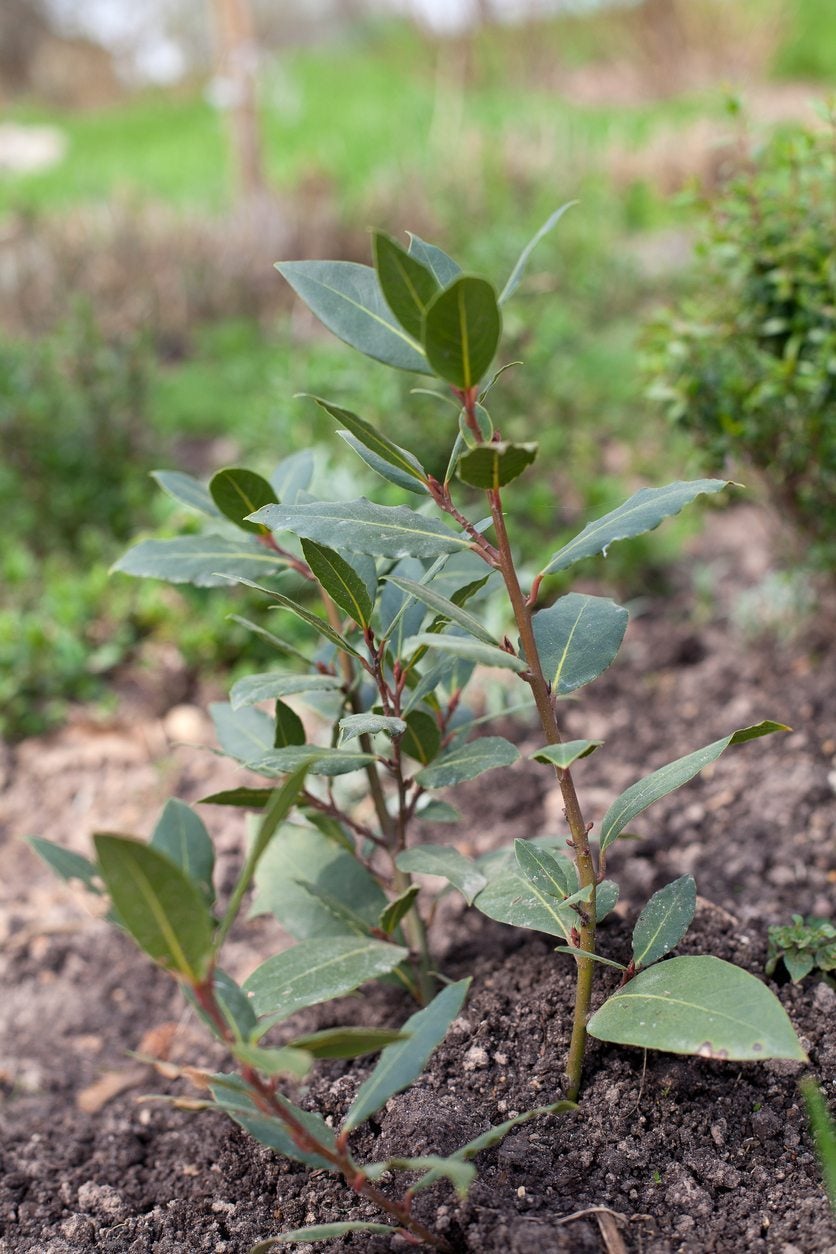Diseases Of Bay Trees : How To Treat A Sick Bay Tree


Sign up for the Gardening Know How newsletter today and receive a free copy of our e-book "How to Grow Delicious Tomatoes".
You are now subscribed
Your newsletter sign-up was successful
You don't have to be a cook to be familiar with bay laurel. This common seasoning is an often seen member of home landscapes. It is an easy-to-grow plant but is susceptible to a few bay tree diseases. Many of the most prevalent pathogens create problems on the foliage, the part used in cooking. Preventing these diseases of bay trees can help protect both the plant and your secret recipe ingredient.
Staving Off Bay Tree Diseases
Bay trees are remarkably adaptable in USDA zones 8 to 10. This perennial is really more of a large bush than a tree, but it accommodates shearing into almost any form. Bay laurel has a fairly rapid growth rate at 12 to 24 inches (30 to 61 cm.) per year. It is a low maintenance plant with few requirements or problems. In the event of any issues in this stoic plant, it’s important to learn how to treat a sick bay tree and what the most common diseases are that occur in this plant. The plant's foliage has several uses. Leaves are resistant to fire, may be dried and used to repel moths, or included in recipes for a unique flavor and aroma. In ancient Greek times, the plant was made into a crown, leaves sweetened rooms and bedding, and acted as an astringent and salve. The plant makes an excellent no-fuss ornamental with its glossy, green leaves. It is the roots that are the primary target of bay tree diseases, although pest problems favor the leaves too. Insects, like scale and psyllids, can cause distress in the tree that look like disease symptoms. Plants are susceptible to Phytophthora root rot and some cultural and soil based problems.
Cultural Diseases of Bay
Many of the symptoms you notice on a bay that seem to be disease are actually mineral or nutrient based. Nitrogen deficiency causes yellowing in leaves, which is easy to cure by adding an organic mulch around the root zone. For diseases of bay tree that occur due to lack of minerals you will have to perform a soil test. This will tell you if you need to add peat moss to reduce soil pH and make manganese more available to the plant. Or, in the case of certain minerals such as iron and zinc, this will tell you if a foliar spray containing that mineral is useful. Beware of excess minerals which cause such symptoms as chlorosis and leaf tip dieback. Avoid fertilizing bay laurel excessively, as woody stemmed plants do not generally need annual feeding. Instead, focus on making soil healthy and using organic amendments.
How to Treat a Sick Bay Tree
When the problems aren't cultural or soil based, it is probably a pathogen. Phytophthora is the most common in bay plants. It is considered both a root and crown rot. The disease stems from a fungus that lives in soil and proliferates in wet conditions. Symptoms range from dry, stressed leaves to dark, streaky bark. If the disease progresses, a gummy sap emerges. Increased drainage around the root zone can help prevent the disease. If the plant is affected, treat with fungicide. A foliar spray works well. In extreme cases, dig the soil away from the roots of the plant and replace with uninfected soil. Container plants should also have the soil replaced. Other diseases do not seem to affect bay trees much. Check the plant carefully before diagnosing the problem and encourage good organic care to enhance the bay laurel's health.
Sign up for the Gardening Know How newsletter today and receive a free copy of our e-book "How to Grow Delicious Tomatoes".

Bonnie Grant is a professional landscaper with a Certification in Urban Gardening. She has been gardening and writing for 15 years. A former professional chef, she has a passion for edible landscaping.